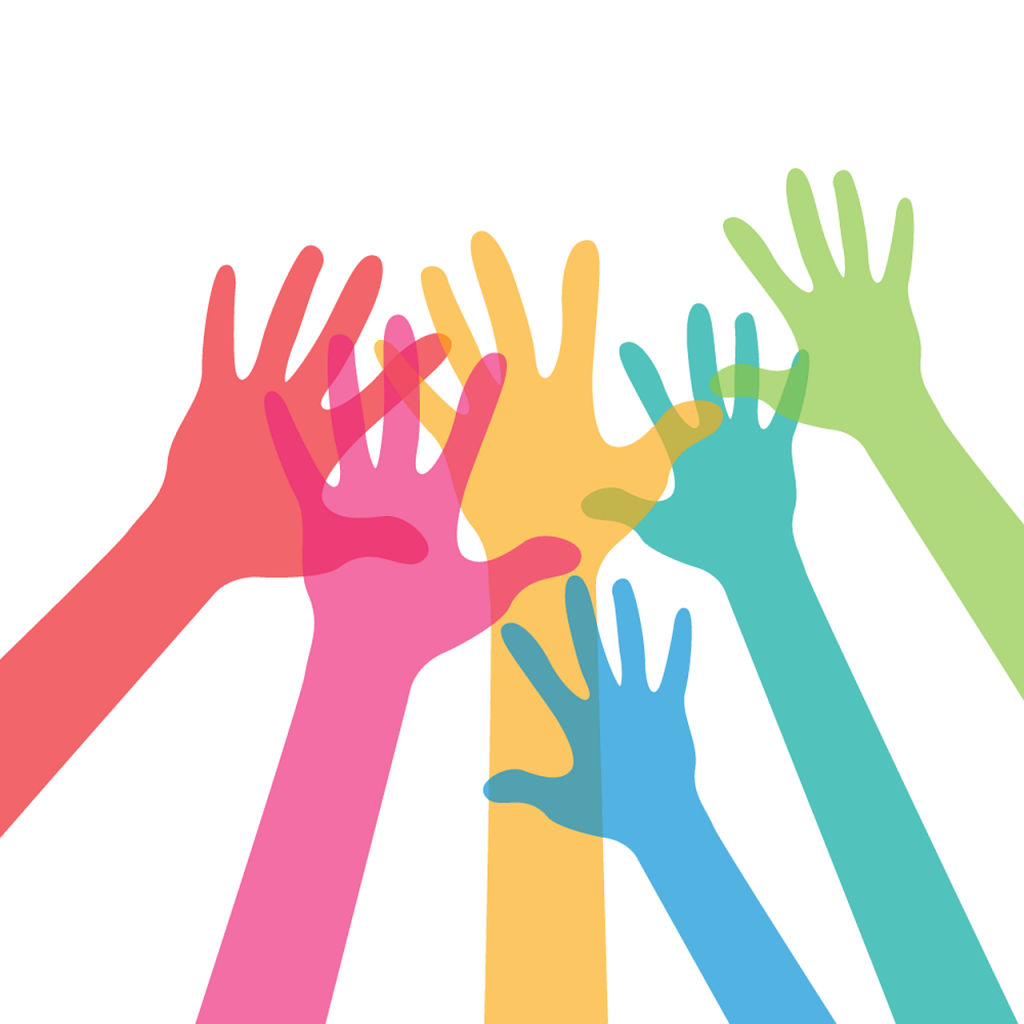Taking the first step towards addiction recovery can be intimidating and somewhat overwhelming, given the wide range of treatments at your disposal. Generally, any treatment, including addiction therapy, works best when personalized for your needs.
What works for one person may not be effective for another. When rehabilitation centers and therapists apply a one-size-fits-all approach, they often fail since they fail to pay attention to the underlying problems and the distinctive personality traits of each individual.
Thankfully, complementary and alternative therapies for substance use disorder have gained significant momentum in the past few years, making them readily available.
In this article, we’ll discuss several alternative therapies for addiction. Read on to learn more.
Acupuncture
Acupuncture, a traditional Chinese medicine, is the first option for alleviating drug and alcohol addiction. It has traditionally been used to treat the pain and suffering brought on by various chronic diseases.
Acupuncture can treat pain and depression in those struggling with addiction. Some experienced practitioners even suggest that acupuncture might help detoxify the liver and other organs.
Multiple studies discovered this relationship, but further research is required to confirm it.
If you choose acupuncture as your alternative therapy for addiction, ensure you find a qualified and experienced acupuncturist to increase the likelihood of success and lower the risk of complications.
Light therapy
Substance abuse may impair your ability to sleep and generally lower your quality of life. This issue is particularly worse with withdrawal. Addicts usually struggle with insomnia and other sleep disorders.
For this issue, light therapy might be a good solution. This procedure exposes you to bright, artificial light during waking hours.
Light therapy is frequently adopted for the treatment of seasonal affective disorder. This therapy can help you sleep better and mitigate depression when administered correctly.

A recent Boston University research listed the benefits of light therapy. Researchers in this study used naltrexone to treat withdrawal symptoms experienced by individuals with alcohol use disorder.
The outcomes showed that this combo was just as efficient as other intensive addiction treatment programs.
Herbs
Anyone considering natural remedies for addiction should consider herbs. Milk thistle, ashwagandha, and kudzu are three plants proven to alleviate withdrawal symptoms successfully.
Milk thistle contains an antioxidant known as silymarin. This antioxidant is effective in preventing alcohol-related liver damage and restoring liver functioning.
But additional research is required to determine the overall efficacy and possible adverse effects.
Ashwagandha is a herb extracted from Withania somnifera. The substance has a long history of use in Ayurveda to treat alcohol withdrawal symptoms and cravings.
Lastly, heavy drinkers can use kudzu extract to help cut back on their intake and limit binge drinking. Kudzu contains puerarin, a substance that can increase blood flow to the brain.
Scientists say this herb can increase your satisfaction even when you consume less alcohol.
Generally speaking, you shouldn’t begin using any of these herbs to overcome addiction without first talking to your doctor. If you do, they could interact with other drugs or alcohol and have adverse effects.
Meditation
When we talk of alternative therapies for addiction, meditation is one of the remedies you should consider. After abusing alcohol or drugs for a while, using them may serve as a stress reliever and a coping mechanism for most individuals.
Meditation is a good replacement for substance use that removes your negative thoughts. When meditating, you should find a noise-free area and take a few minutes to focus. Ensure your body is relaxed, and take deep breaths.

You can decide to repeat or modify a positive message mentally. For instance, you can constantly tell yourself, “I can stop using drugs and have a more fulfilling life.”
Another approach is to visualize conquering your addiction. Consider how happy you will be when you finally accomplish your objective.
Mindfulness-based therapy
Individuals addicted to alcohol and other drugs can benefit from mindfulness therapy alongside meditation. These programs often evolve from meditation practices.
The primary objective is to show recipients how to recognize their cravings, thoughts, and emotions rather than responding to these stimulants.
Research shows this technique may be better than 12-step programs and relapse prevention techniques. However, not all studies come to this conclusion.
A systemic meta-analysis and evaluation of studies conducted in 2017 revealed that mindfulness therapy is not more beneficial than other relapse prevention measures.
Yoga
Over the past few decades, yoga has gained popularity across the world. It featured various mild exercises to balance the mind and the body.
Yoga can help persons with addiction who frequently feel out of control regain their balance. You will become acquainted with inhaling, exhaling, and moving the body gently.

Yoga’s ultimate objective is to connect the mind and body. This can lower your stress levels and enhance your overall well-being. The exercise may also teach you how to make the most of your body healthily and effectively.
Yoga comes in various forms, from vigorous intensity to lower-intensity forms. You may use it in different environments, including gyms, yoga studios, or community centers.
Music therapy
Music plays a critical role in our lives. Music therapy can be useful for individuals struggling with substance addiction to overcome their physical and psychological problems.
This strategy can access difficult-to-express or communicate deep feelings and demands. Consequently, it offers many wonderful advantages, including less stress, better sadness, and lowered rage or anxiety.
Music therapy offers a wide range of alternatives. The most common options involve composing songs that correspond with your emotions, playing musical games, analyzing lyrics, and doing relaxation exercises.
These exercises may help relieve pain, improve memory, and promote health. Music therapy can sometimes result in quicker recovery and more effective treatment than alternative interventions.
A music therapist can recommend some appropriate genres of music based on your preferences. This is crucial to enable you to release inner feelings and clear negative thoughts.
To ensure efficacy, select a qualified and experienced professional who understands your precise needs and how to treat your addiction through music.
And most importantly, your music therapist should be ready to talk about your memories, beliefs, emotions, and thoughts.
Equine therapy
Equine therapy is a treatment that uses horses to support other conventional therapies. Knowing how to pet the animal will be the first step towards building trust between you and the horse.
Once a relationship has been built, you may ride your horse and take on various intriguing obstacles.

According to a recent study, the bond between an addict and the horse can be comforting and lower the impacts of depression throughout withdrawal periods.
Additionally, spending time outside and engaging in physical activity might greatly enhance an individual’s emotions. This alternative works better for certain people than a therapy room’s enclosed verbal environment.
Art therapy
Art therapy was discovered recently as an addiction treatment method. This approach requires you to engage in creative and imaginative tasks that let you express your feelings and actions.
The tasks can be music, drawing, painting, or sculpture. Some researchers suggest that art therapy can help lessen some withdrawal symptoms associated with substance addiction.
The technique can also help people communicate and broaden their perspectives. Different options are available based on your particular taste and preference.
You must always engage an art therapist to select the best options to deal with your overwhelming emotions and expedite your recovery from substance addiction.
Biofeedback therapy
A mind-body technique called biofeedback uses an external gadget to generate data regarding a patient’s physiological reactions. It can help you manage those responses and get the required feedback.
You must actively participate in this procedure to change your physiology. You can use visual and aural sources, too, for additional support.
With a monitoring gadget installed, a therapist leads you through several psychological and physical activities throughout a biofeedback session. You will receive instant feedback after completing these exercises.

A biofeedback device can monitor your daily physical activity, including menstrual cycles, sleep patterns, breathing, heart rate, and body temperature.
A therapist can use the information obtained to tailor more effective treatments and support for individuals suffering from addiction.
Get Started with Your Addiction Recovery Today!
Like conventional treatment options, alternative therapies for addiction do not take a one-size-fits-all treatment approach. You might need to test multiple options to know what treatment works for you.
Fortunately, we are here to help you. At CCIWA, we connect you with highly experienced addiction recovery doctors near you. This doctor will carefully assess your condition to the techniques and alternative therapies that may be most effective for your condition.
Contact us today to get started!



